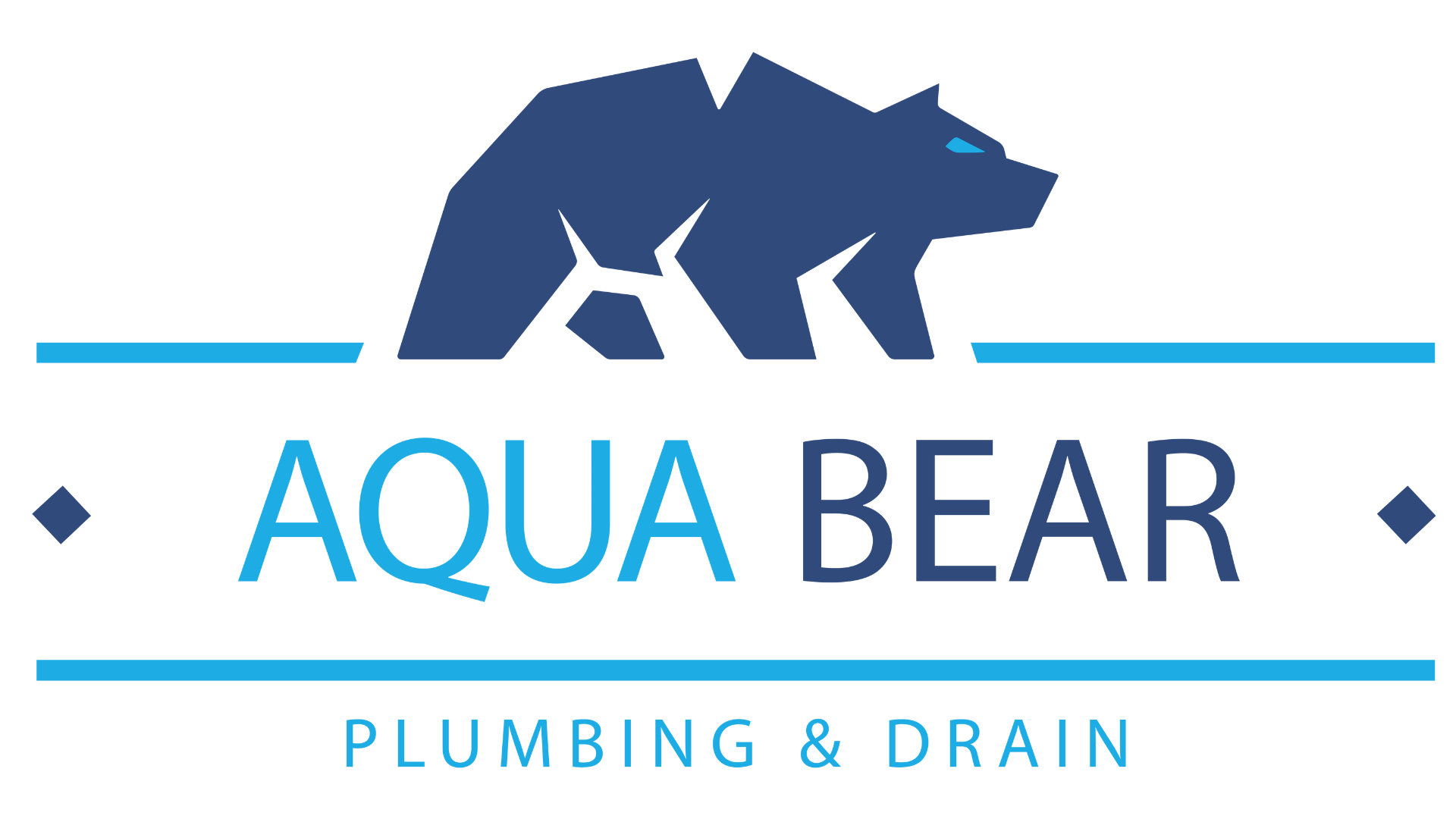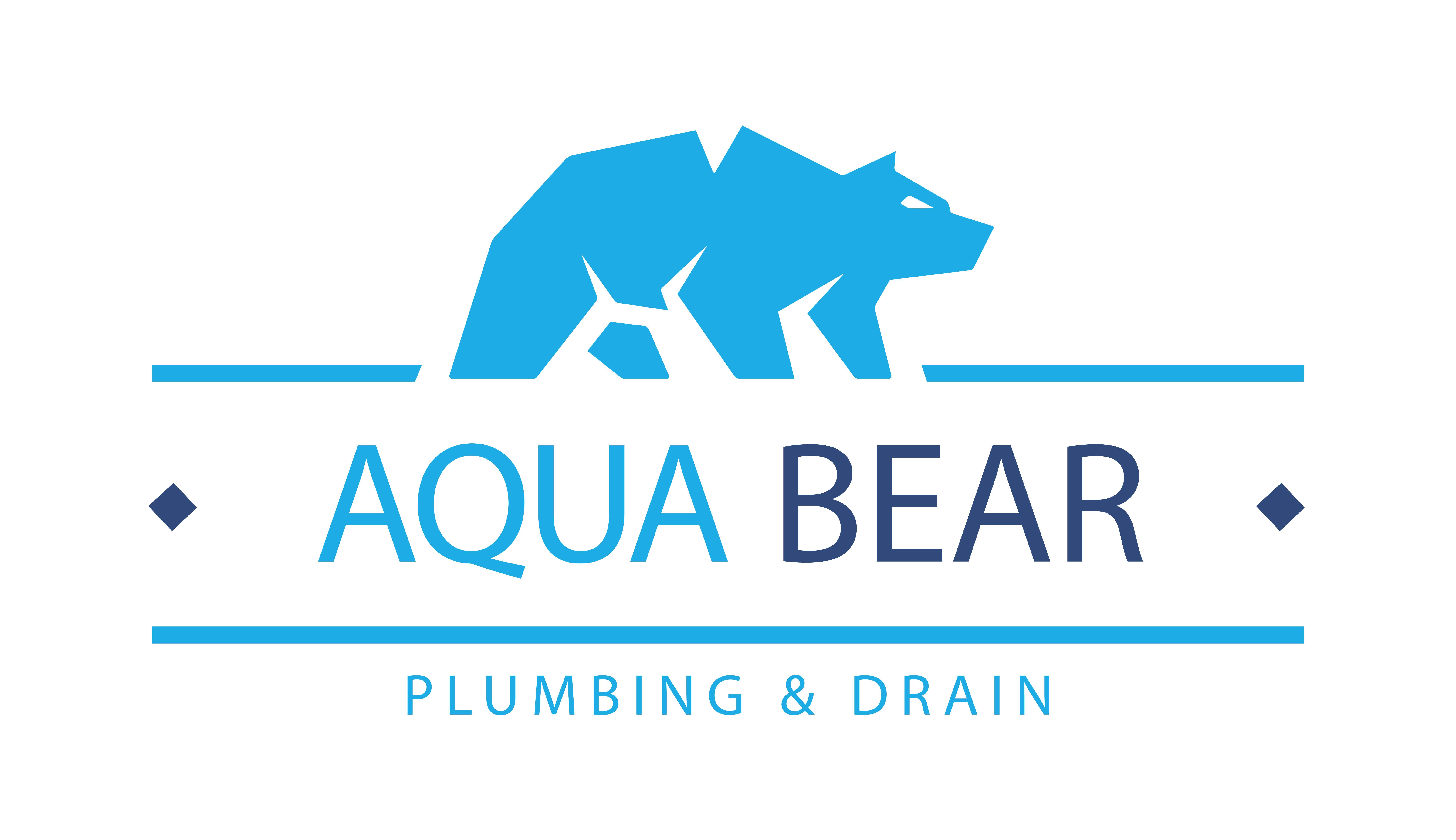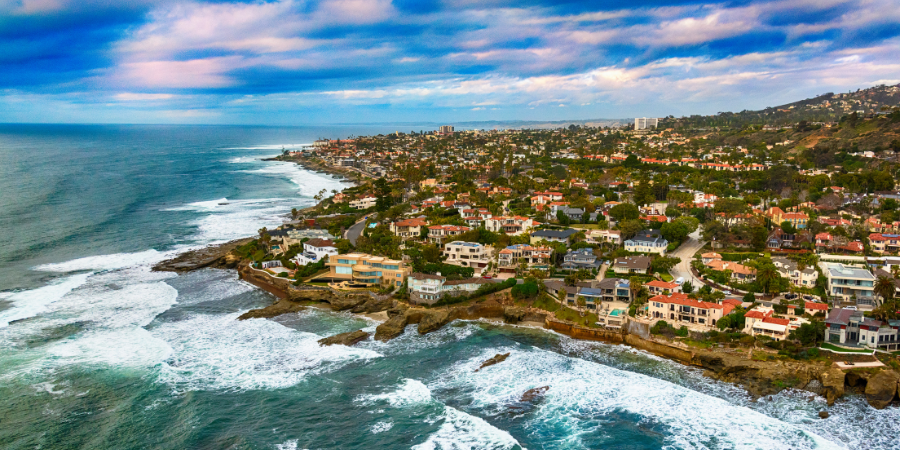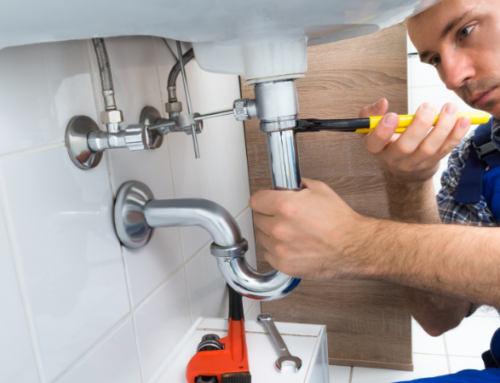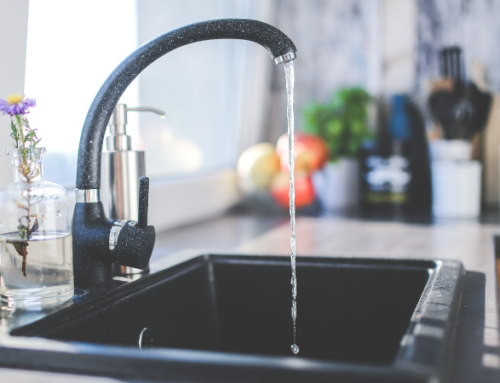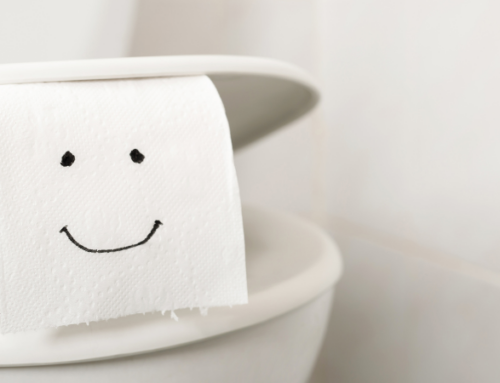Salty sea breezes and the warmth of North County sandy beaches are inviting for those with a fascination for seaside living. However, living near the Pacific coastline does not come without some downsides. One of these disadvantages is sea salt can wreak havoc on plumbing systems causing deteriorating pipes filled with corrosive materials. This pipe corrosion can lead to pinhole leaks, low water pressure, and even burst pipes.
In this article, we will discover how sea salt interacts with air and water to negatively affect various types of plumbing pipes. We will evaluate the different pipe materials and learn which type best resists corrosion and look at the ways corroded pipes suffer from from exposure to sea salt.
Pipe Corrosion In Coastal Homes
Sea salt is found in bodies of water but can also be found in the surrounding air. As the wind blows, this salt is moved further and further inland and can be found inside homes 50-100 feet inland so you need not live on the water to be affected by sea salt corrosion.
Corrosion is a natural process that destroys many materials but in this article, we will restrict our conversation to plumbing and how sea salt corrosion affects plumbing pipes.
Corrosion is due to the increased presence of dissolved ions. These ions, found in the salt content of moist air, allow electrons in the pipes to move faster and faster speeding up the process of rust formation. As the rust builds it causes pipes to become brittle and leak or burst. Corrosion is most commonly found in pipes carrying water with copper piping the most popular.
Types Of Water Pipes And How Sea Salt Affects Them
Different types of plumbing pipe materials respond differently to salt air. Read on to learn more about copper vs. PEX, and how other types of plumbing pipes can be affected if you live by the coastline in North County.
Copper And Other Metallic Pipes
Copper pipe is frequently used for transporting water into your home. Its popularity comes from the fact that copper pipes are durable, reliable, and fairly priced but can suffer pinhole leaks due to corrosion. As water travels through the pipe, residual salt is left behind that will eventually eat away at the copper pipe.
Cast iron and steel plumbing pipes are inherently prone to corrosion when exposed to water, especially if the water happens to contain salt. The salty solution encourages pipe atoms to break free from the pipe lining and to attract free-floating ions found in the water, weakening the metal pipe material.
All metal pipes react to the salt water and corrode leading to low water pressure at faucets as the space inside the pipe is reduced. The increase of buildup inside the pipe can produce pressure on the interior pipe lining causing burst pipes and flooding.
Plastic Pipes
The preferred pipe type in seaside areas with high concentrations of salt in the water is plastic pipes. Both PVC and Pex pipes are recommended as they are naturally corrosion-resistant. One problem they encounter is weakening from the strong rays of the sun. For plastic pipes, especially exposed pipes, it is recommended they be painted with a protective coating or covered so the sun’s rays can’t destroy them.
Plumbing Problem Warning Signs To Watch For
As corrosion from sea salt occurs copper pipes will begin to discolor and turn from shiny penny copper to a bluish-green. The exterior of the copper pipe will show signs of flacking and the water exiting the pipe will be brown or red from the rust.
Steel and iron pipes will add a metallic taste to the water they carry and will produce greenish-colored water. Salt is very damaging to these metal pipes although salt is not their only enemy. Other causes of metal pipe corrosion can be blamed on too low or too high pH levels and high levels of dissolved oxygen.
What To Do About Salt-Damaged Plumbing
It is imperative you keep a close eye on seaside plumbing and the best way to accomplish this is to enroll in a professional plumbing inspection. Trained plumbers can be on the watch for signs of weak pipes or hard-to-find pinhole leaks and can make the necessary repairs before a plumbing crisis ensues. They can also flush the plumbing system to remove salt concentrations and can examine water-using appliances for salt damage.
Do You Have A Coastal Plumbing Problem?
Living by the seaside can be a dream come true but not so much when it comes to your plumbing system. We have learned how corrosion from sea salt affects different types of plumbing pipes and ways you can reduce the harmful effects it has on plumbing pipes. We also learned about measures that can be taken to reduce damage so your days by the sea can be free of stress when it comes to your plumbing.
Our team of plumbing professionals in North County has been solving coastal plumbing issues for our customers every day. Contact us today to get on our schedule if you are experiencing any of these issues!
